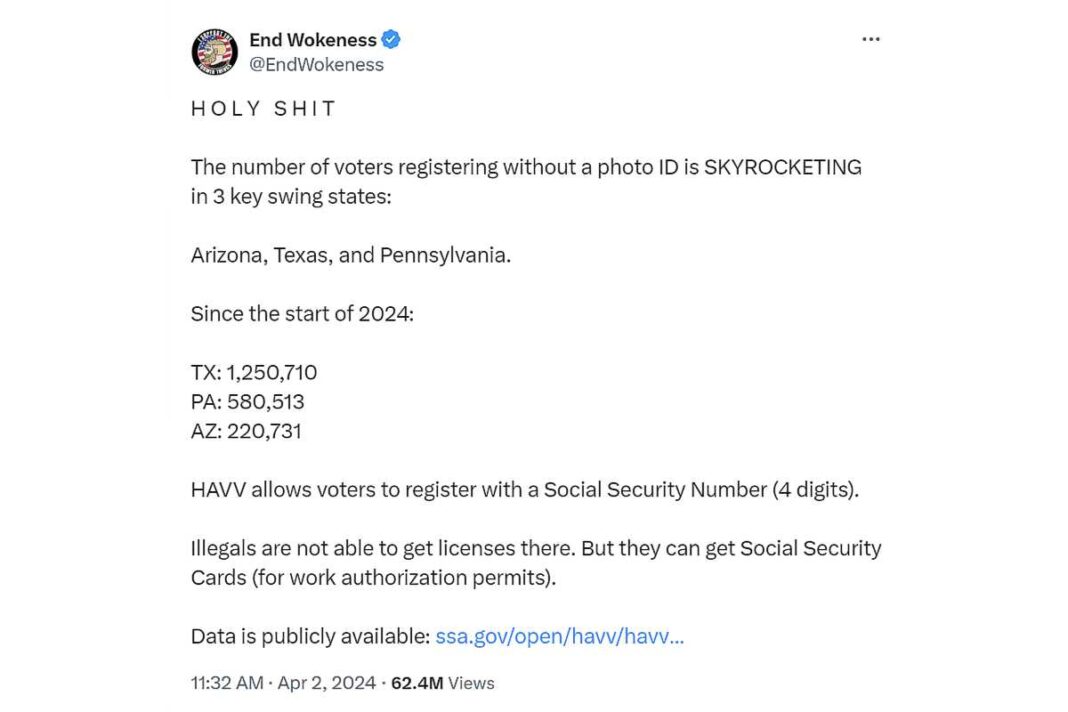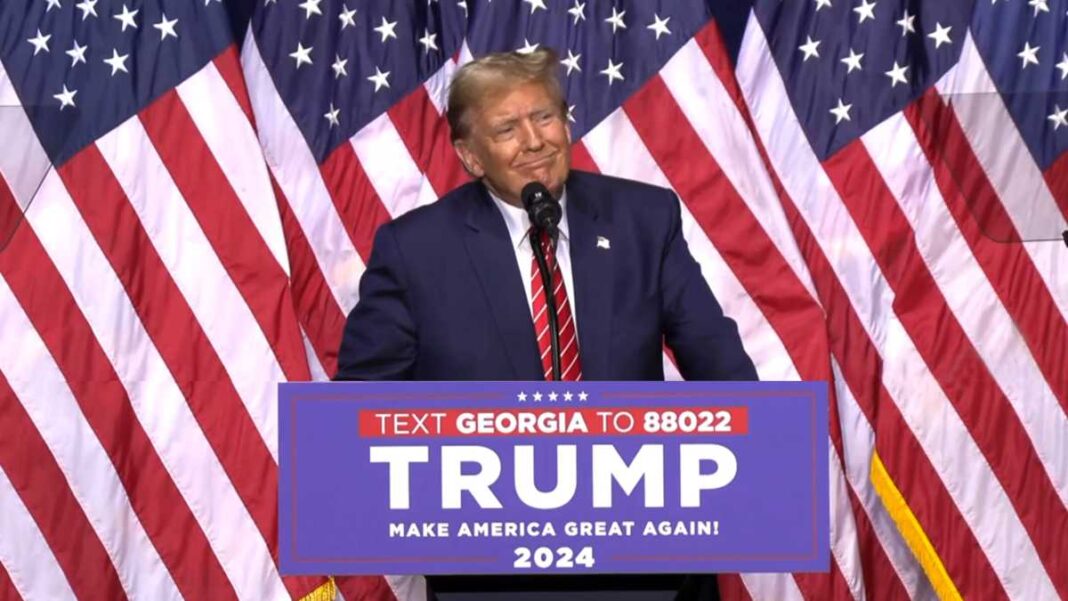The “America First” foreign policy approach, much touted by many Republicans, is characterized by prioritizing national interests, economic nationalism, and a skeptical stance on international agreements and alliances.
On the positive side, this approach can lead to greater focus on domestic issues, potentially driving policy decisions that aim to bolster national security, economic growth, and job creation within the United States. By adopting a stance that prioritizes American interests, the approach seeks to ensure that trade agreements, military engagements, and international partnerships are directly beneficial to the U.S., possibly leading to renegotiated deals perceived as more favorable.
This approach also emphasizes national sovereignty, aiming to reduce dependency on other countries and international bodies, which can be seen as enhancing the country’s ability to make independent decisions.
However, this approach carries significant drawbacks and while Republicans support it, many Democrats are concerned that it does not mesh with their worldview. Isolationism is likely to strain long-standing alliances and partnerships, as it often involves a reassessment of the terms of engagement that may not always align with the interests or expectations of allies. On the security front, skepticism towards multinational agreements and organizations could undermine collaborative efforts to address global challenges, which Democrats say require collective action.
James Lindsay noted recently in his Council on Foreign Relations blog that the Chicago Council on Global Affairs has been asking Americans for several decades: “Do you think it will be best for the future of the country if we take an active part in world affairs or if we stay out of world affairs?”
In the most recent survey, 57 percent of respondents opted for playing an active role. In contrast, 42 percent favored staying out of world affairs.
A recent Associated Press-NORC Center for Public Affairs Research found a similar public tilt toward internationalism. In their poll, 23 percent wanted the U.S. to take a more active role in solving world problems, and 36 percent said that the current
level of U.S. involvement is about right. In contrast, just 40 percent wanted the U.S. to be less active.
Chicago Council polls found that the American public favors internationalism rather than isolationism. In addition, a Gallup poll in February found that two out of three Americans want the U.S. to keep or increase its commitment to NATO.
However, these polls notwithstanding, Harvard professor Joseph S. Nye, Jr. has argued that Trump’s election in 2016 represented a clear shift away from the liberal tradition.
Polls show that many Republicans are divided, raising concerns that if an isolationist Republican wins in 2024, it could mark a turning point for the US-dominated international order established at the end of World War II.
As Nye notes, historically, “American public opinion has oscillated between extroversion and retrenchment.”
Nye pointed to history.
“Having witnessed the tragic consequences of the isolationism of the 1930s, President Franklin D. Roosevelt launched the process that culminated in the creation of the Bretton Woods institutions in 1944 and the United Nations in 1945. President Harry Truman’s post-war decisions then led to permanent alliances and a continual US military presence abroad,” he wrote. “The United States invested heavily in European reconstruction through the Marshall Plan in 1948, created NATO in 1949, and led the UN coalition that fought in Korea in 1950.”
NBC reporter Dan De Luce explained that in 1940, as Hitler’s troops rolled across Europe, many Republicans argued against sending American weapons to Britain.
They argued that the government should put “America First.”
Now, De Luce says, “former President Donald Trump and his allies in Congress use the same slogan to make similar arguments against sending military aid to another democratic country in Europe under assault by a powerful authoritarian regime.”
But there is a reason for this.
The Republican Party exhibits a split in foreign policy, with one faction advocating for aggressive, unilateral engagement and another pushing for a more isolated stance to focus on internal challenges and specific geopolitical rivals like China. This divide reflects broader debates within the party on how to approach global issues, from supporting Ukraine against Russia to dealing with China and immigration policies.
The differences highlight a range of strategies from traditional internationalism to more isolationist approaches, influenced by figures like Trump and manifested in varying positions on different foreign policy issues.
Many Republicans thus believe that American isolationism would offer several benefits, including prioritizing domestic issues over international ones, reducing the likelihood of becoming entangled in foreign wars, and potentially fostering a greater sense of national unity and self-sufficiency. Such a foreign policy school of thought and action would help America to focus on its own economic and social
challenges, preserving resources that might otherwise be spent on overseas commitments.
For Republicans, the elections in November will partially be about which foreign policy approach the U.S. will follow for the next four years. Will voters choose the Democrat way of liberal internationalism? Or will voters choose the Republican ideal of America first”?
In essence, the “America First” policy approach embodies a tension between the pursuit of immediate national interests and the benefits derived from global cooperation and engagement.








